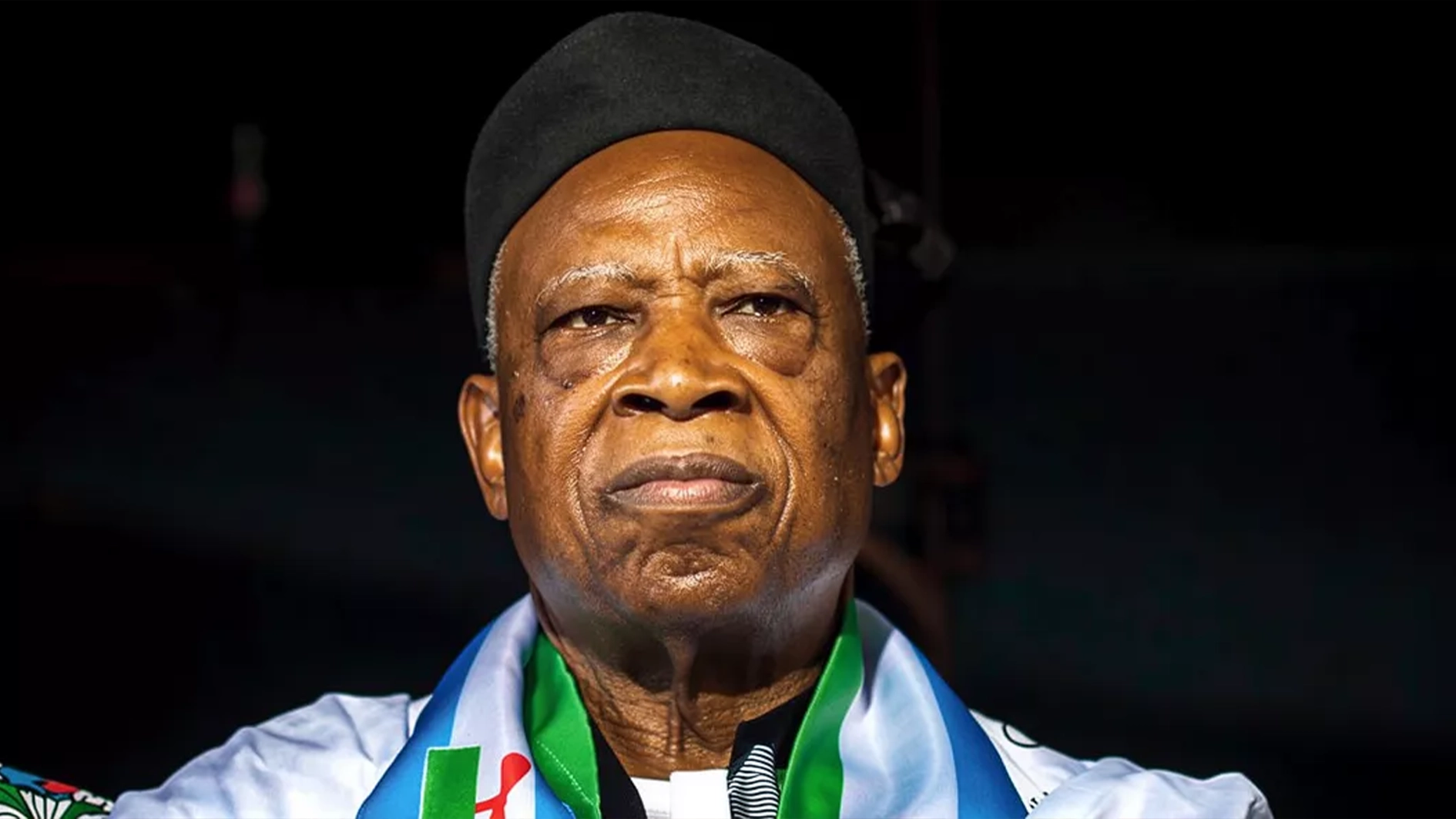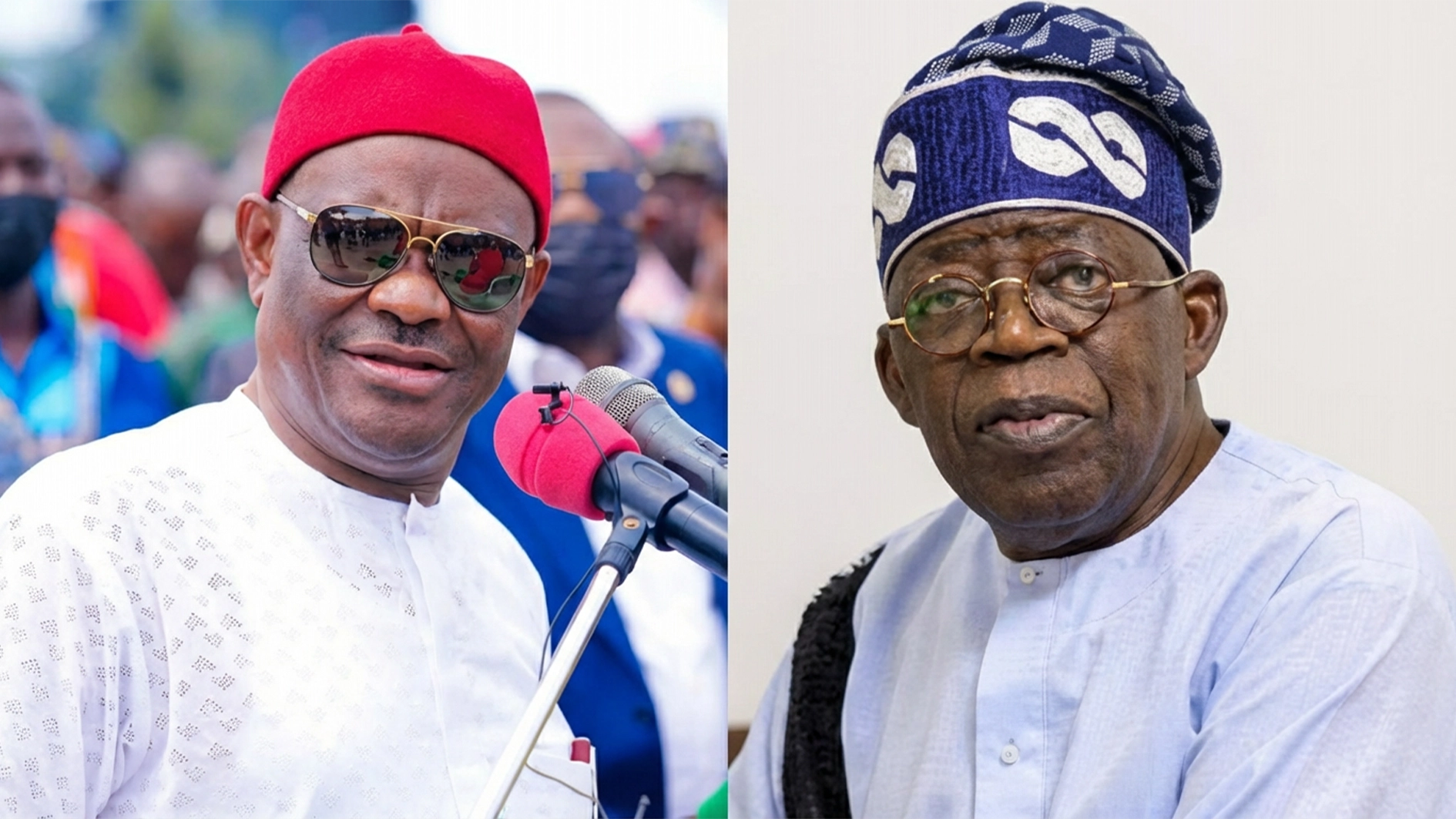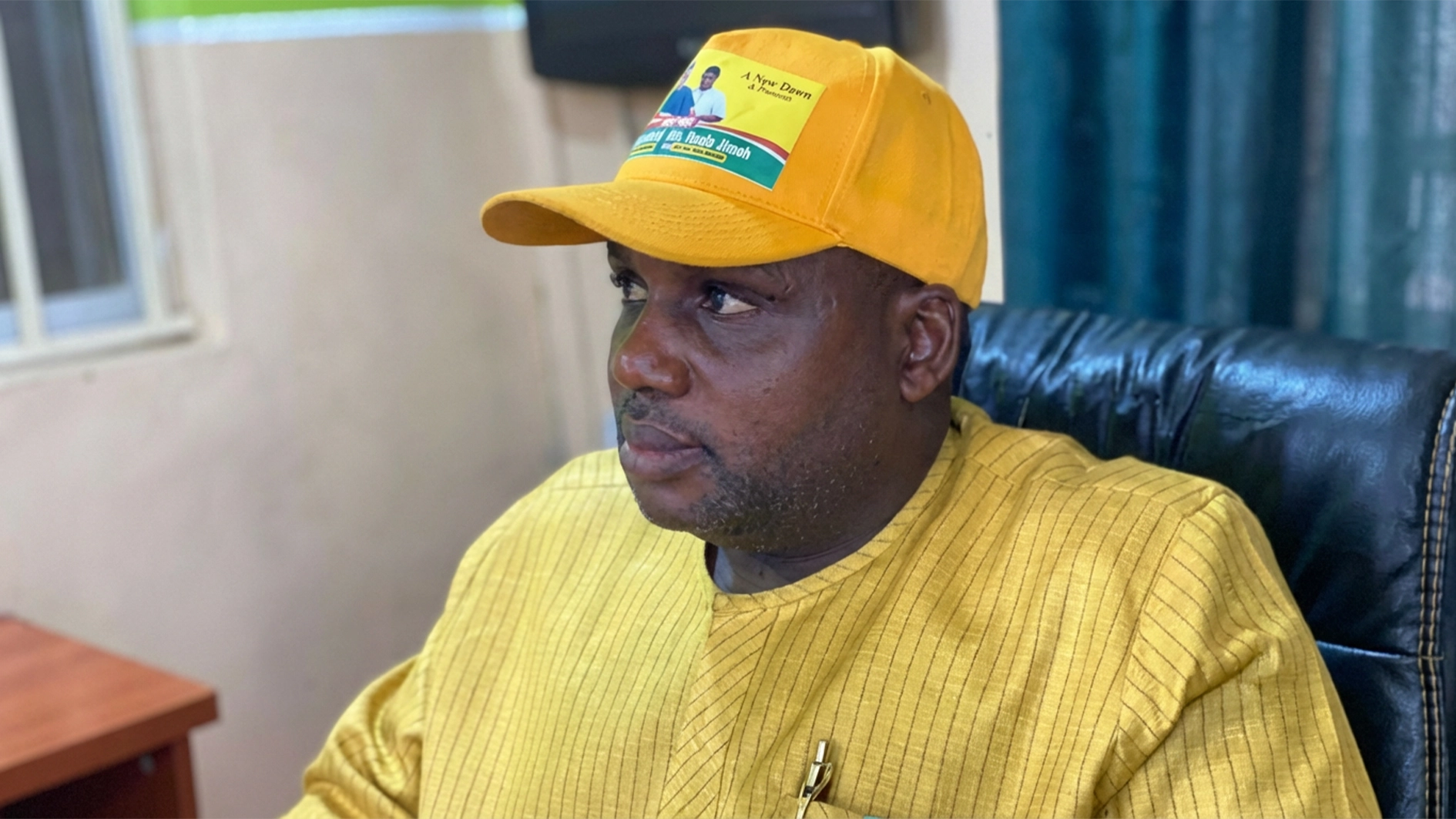
It is barely a week since the remains of the Chief of Staff to President Muhammadu Buhari, Mallam Abba Kyari, was laid to rest. Given the importance of the office and the fact that the wheel of governance never grinds to a halt, so much dust is continually being thrown up as to who replaces him as the president’s henchman.
Of course, speculations have been rife, throwing up all manner of personalities, among them pretenders and indeed strong contenders. On the list are the current Comptroller General of the Nigeria Customs Service (NCS), Col. Hameed Ali, Minister of the Federal Capital Territory (FCT), Mallam Mohammed Musa Bello, and former Secretary to the Government of the Federation from 2007 to 2008 and former vice presidential candidate of the Social Democratic Party (SDP) in the June 12,1993 presidential elections, Babagana Kingibe. Others are the Minister of Education, Adamu Adamu, Minister of Water Resources, Suleiman Adamu, Minister of Communications and Digital Economy, Dr. Isa Ali Pantami, and former military governor of Lagos State and Chairman of Presidential Advisory Committee for the Elimination of Drug Abuse, Brig. Gen. Buba Marwa (rtd).
The functions of the Chief of Staff are often determined by the whims of the president. But primarily, the occupant of the office supervises key State House staff, and controls access to the office of the president by managing appointments and his principal’s scheduling. He also manages communications and information flow, including those in all arms of government.
Recall that while addressing newly appointed ministers, President Buhari had explained to them that they would be expected to “communicate with him and arrange scheduling to meet with him primarily via the Chief of Staff.” This, no doubt, underscores the importance and sensitivity of the office. It is perhaps, against this backdrop that the belief that the occupant of the office must be upright, resourceful, diplomatic, a team player, incorruptible and affable holds true.
As President Buhari tinkers with the probable options, conversations with sources close to the presidency suggest a shortlist is already in place. It includes Adamu Adamu, Muhammad Bello, Buba Marwa and Babagana Kingibe.
Adamu Adamu
AN accountant, writer, journalist and public analyst, Adamu Adamu was appointed Minister of Education in 2015. On receiving his university degree, Adamu was hired as an accountant at CCP, and then continued to work at the CNL in Bauchi State, before joining the local government in the same position.
An indigene of Bauchi State, Adamu is a polyglot, being fluent in Arabic, Persian, Fulfulde, Hausa, and French languages. He later ventured into journalism and rose to become Deputy Editor of the now-defunct New Nigerian newspaper. He made a name for himself as a columnist with Daily Trust, becoming known as an active commentator on occurrences in the country.
Adamu has been a loyal follower of Buhari years before his election as the president. He was one of those who accompanied Buhari to Bauchi State in 2007 to promote the candidacy of Isa Yuguda, a representative of the ANPP. His consistent support of Buhari later got him marked as anti-PDP. President Buhari appointed him Minister of Education in November 2015, along with 35 others. Prior to his appointment, Adamu had worked as Secretary of Muhammadu Buhari’s Transition Committee.
Having emerged as a good fit for the vacant CoS office, his only negative is believed to be his not-too-close disposition to the powers within the kitchen cabinet.
Muhammad Bello
THE Minister of the Federal Capital Territory, Bello, has also emerged a strong contender for the vacant office in similitude to how he came from the blues to be named the FCT minister from a field of strong contenders for the position. With the development focus of the federal government vis-a-vis the news that have made the rounds about his modest achievements in Abuja, Bello is seen as one of the most performing ministers in the Buhari-led government.
One with proven patriotism, accountability, dedication to duty and broadmindedness in human management and institutional administration, he shone bright when he was appointed to manage one of the then most hazardous institutions – the management of Hajj affairs in Nigeria. And when, in 2006, the National Assembly enacted a law that established a full-fledged body, the National Hajj Commission of Nigeria (NAHCON), Bello administered with wisdom and forbearance. His associates say he is frugal, incorruptible, humble, intelligent and a team player.
At the FCT, Bello is said to have proven to be a vanguard for President Buhari’s Change Agenda, what with his attention to critical infrastructural projects that are positively impacting on the life and economy of the city, zero tolerance to corruption, security of life and property, respect for extant rules and general improvement in services.
A former director at Habib Bank Plc, Bello, no doubt, possesses the intelligence to deliver on the job. But his level of political sagacity required for the office is said to be suspect and inadequate.
Buba Marwa
WITH a perpetually disarming mien, Marwa’s reputation as one of the finest officers to have passed through the Nigerian Army and a proven administrator of human resources is not in doubt. His strides as Military Administrator of Nigeria’s commercial capital, Lagos State, between 1996 and 1999 bears testament to this. That, being the most popular item perhaps in an inventory of enviable records he’s chalked up through a life that has been all about public service, is why he has now emerged a favourite to step into the vacant CoS role.
Marwa started his military career following his commissioning as 2nd lieutenant in the Nigerian Army Reconnaissance Corps before moving to the Armoured Corp. He held various positions in the army, including Brigade Major (23 Armoured Brigade), Aide-de-Camp (ADC) to Chief of Army Staff, Lieutenant-General Theophilus Danjuma, academic registrar of the Nigerian Defense Academy and Deputy Defense Adviser in the Nigerian Embassy in Washington, DC.
In 1990, he was appointed Governor of Borno State. In 1992, he became the defense adviser to the Nigerian Permanent Mission to the United Nations until he was appointed the Administrator of Lagos State in 1996. Between 1996 and 1999, Marwa implemented programmes that greatly improved living conditions in Lagos. He revamped public health institutions, upgraded public infrastructure, and enacted pro-people edicts.
Following his retirement from the army at the end of his term in Lagos, Marwa went into private business and philanthropy. But in 2007, he was called to public service with his appointment as Nigeria’s High Commissioner to the Republic of South Africa. He would later venture into active politics, with stints in the Congress for Progressive Change (CPC) and later the APC. He got appointed as chairman of the Presidential Advisory Committee on the Elimination of Drug Abuse in the country in December 2018.
A rounded personality with sterling administrative qualities and educational footing – he obtained a Master’s degree in International Relations from Pittsburgh University and another Master’s degree in Public Administration from Harvard University, one of the sources highlighted some interesting dimensions to the Marwa candidacy, which may be the clincher. Aside from the surprising support his candidacy seems to be getting from the wife of the President, and the fact that Kyari, whom he may be replacing, served as a Commissioner under Marwa while he was the Military Administrator in Borno, not many know that Marwa has been in President Buhari’s good books for long – he emerged the best student in a course taught at the time by the President while at the Staff College.
Add these to Marwa’s wide reach and ability to build bridges across the country for the President, plus the growing tradition of persons with military background emerging as favourites for the office of CoS – Maj. Gen. Abdulahi Mohammed (Rtd.) who served as Chief of Staff between 1999 – 2008 to Presidents Olusegun Obasanjo and Umaru Musa Yar’Adua, and Brig. Gen. Jones Arogbofa (Rtd.) who served President Goodluck Jonathan, then Brig. Gen Buba Marwa (Rtd.) may just be set to repeat history.
Babagana Kingibe
GOING by the permutations of power brokers, Kingibe is believed to be fit to replace Kyari, having served as SGF between 2007 and 2008, and having bounced back into reckoning under Buhari’s administration where he has been saddled with official and unofficial assignments by the president.
Kingibe’s strides on the nation’s political turf are indeed remarkable. From working as a senior political counselor after joining the Nigerian Foreign Service in the 1970s, he was later promoted to the position of the head of the political desk. He worked in the political department as principal secretary during the Olusegun Obasanjo administration and was active in the government’s return to civil rule programme. He was also involved in the creation of states/adjustment of boundaries, local government reforms and the constitutional drafting committee.
During the Shehu Shagari administration in 1981, Kingibe became the Nigerian ambassador to Greece and later the country’s representative in Pakistan. Kingibe strode into active politics at the beginning of the Third Nigerian Republic. In 1988, he was made director of organisation of the People’s Front of Nigeria. The organisation, then led by Shehu Musa Yar’Adua, consisted of such politicians as former vice president, Atiku Abubakar, Asiwaju Bola Tinubu, and former Kano State governor, Rabiu Kwankwaso.
From PFN, he joined the Social Democratic Party in 1989. He would later become the party’s chairman, having been sponsored by the PFN faction of SDP, and was therefore involved in the organisation of the party’s gubernatorial and presidential primaries in 1991 and 1992 respectively.
During the Sani Abacha administration, Kingibe served in different ministerial positions including Minister of Foreign Affairs (1993 to 1995), Minister of Internal Affairs (1995 to 1997), and Minister of Power and Steel (1997 to 1998). In 2007, he was appointed Secretary to the Government of the Federation, but was later removed from office on September 8, 2008 by then President Umaru Yar’Adua. His sterling qualities notwithstanding, the likelihood of him becoming all too powerful and a possible rallying point in the jostle for power in 2023 is said to be playing against his emergence as the next Chief of Staff.






